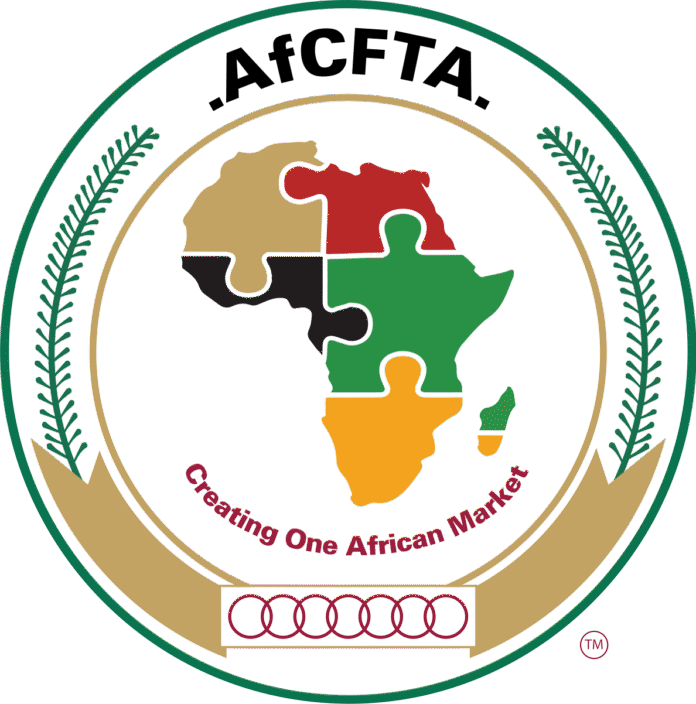Eswatini has been positioned to access opportunities for transformative potential of the regional and continental collaboration which the AfCFTA agreement provides and promises.
African Continental Free Trade Area (AfCFTA) Regional Trade Advisor for Southern Africa Nomalungelo Gule, said AfCFTA was not only a trade agreement, but a blueprint for industrialisation, market diversification and sustainable development in the continent.
She was speaking during the EU-WCO (European Union- World Customs Organisation) Rules of Original Africa Programme advanced training held at Esibayeni Lodge yesterday.
She said government, financing and technical partners, as well as the private sector needed to act together for the success of the AfCFTA Agreement, as no State party could achieve this success alone. She noted that the implementation and application of the Rules of Origin (RoO) would enhance African Trade.
Gule said the training was important on the regional and continental RoO frameworks and procedures, because the AfCFTA aims to boost intra-Africa trade volumes and strengthen regional value chains that can transcend to the continental level.
By establishing a single continental market and facilitate the movement of goods in the region and the continent, she said customs officials’ role as competent authorities for managing customs procedures and for the issuance of the rules of origin certificates became more pronounced.
“The agreement therefore represents an ambitious integration initiative under the African Union (AU) Agenda 2063.
It is projected that its full implementation could lift 30 million Africans out of poverty and boost the continent’s income by E7.96 trillion (US$450billion) by 2035.
However, achieving these milestones requires deliberate policies, strong institutions to oversee the smooth implementation of the agreement at national level, intentional inclusion of the private sector participation especially the small as well as medium enterprises (SMEs) and women and youth in trade,” she said.
Adding, she said the role of customs agencies was critical in ensuring that the movement of goods in the continent was not hindered or slowed down by cumbersome customs processes that lacked the focus to facilitate trade.
She emphasised the need to fortify the strength of regional integration collaboration and commitments, build skills to support the free movement of goods in the region, support the expansion of the necessary infrastructure, reduce trade barriers and unlock Africa’s true potential under the ‘One Africa One Market’ initiative.








